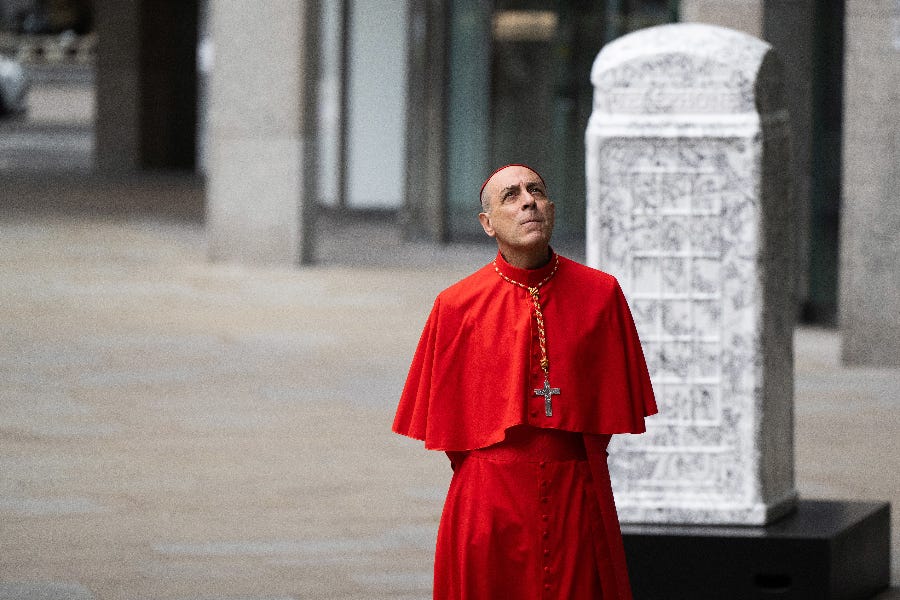Cardinal Fernández: Rupnik judges chosen
The Vatican has been criticized for its handling of the Rupnik case
Vatican doctrinal chief Cardinal Víctor Manuel Fernández announced Thursday that a panel of judges for the canonical trial of mosaic artist Fr. Marko Rupnik has been chosen.

Fernández, the prefect of the Dicastery for the Doctrine of t…
